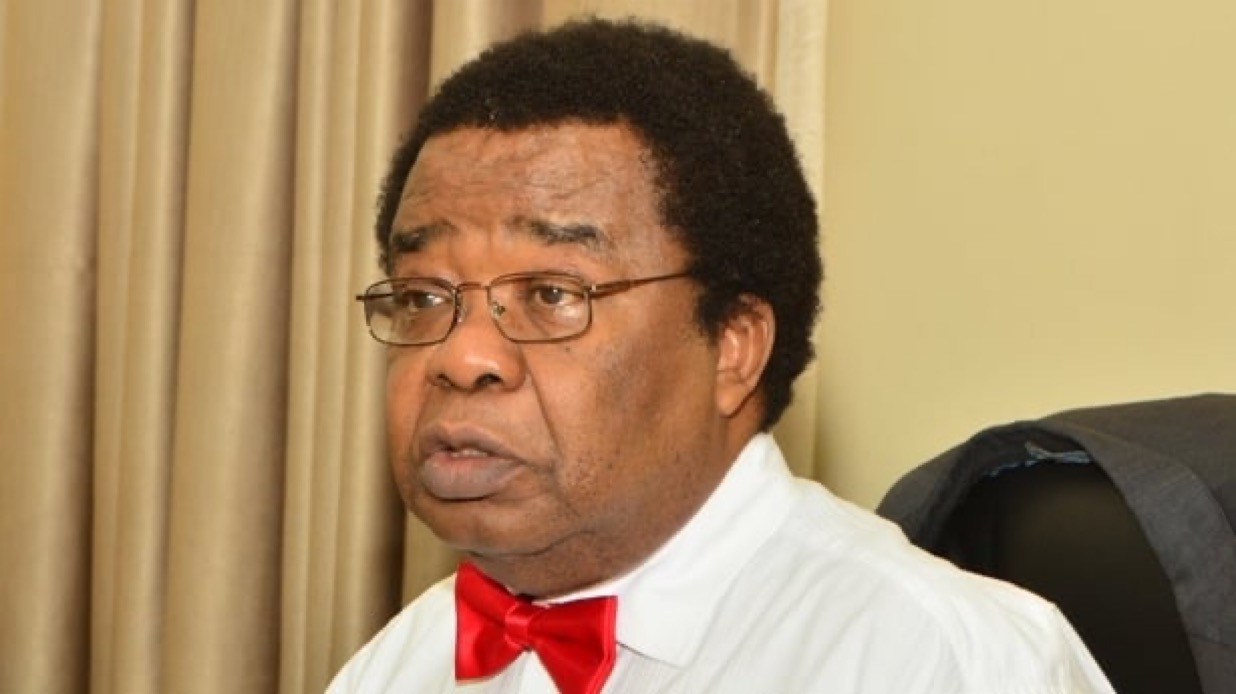
"Make Una Calm Down o!" — Comedian Igosave Cries Out Over Alarming Surge in Begging Across Nigeria

In a candid and emotionally charged social media post that has since sparked widespread conversation across digital platforms, Nigerian comedian and social commentator, Igosave, has raised an alarm over what he describes as the “alarming rate of begging” in public spaces throughout the country. The popular comic, known for his witty takes on pressing societal issues, dropped the bombshell on his Instagram page with a post that read like a direct plea to both the public and the government: “The rate of begging in this country's public space is alarming; Airports, Night clubs, restrooms, restaurants, parks et al is alarming! I know say country hard but make una calm down o! Na same country we dey abeg but help who you can sha.”
The statement, which has since gained viral traction, appears to have touched a nerve. Many Nigerians responded with a mix of empathy, frustration, and introspection. While some acknowledged the dire state of the economy and high unemployment levels as the root causes of the widespread begging, others echoed Igosave’s sentiments, highlighting their own encounters with aggressive begging tactics in supposedly elite and secured environments like airports and upscale restaurants.
What’s perhaps most striking about Igosave’s message is not just the content but the tone — raw, honest, and strikingly relatable. “Make una calm down o!” is more than just a call for moderation; it's a cry for sanity in a society that seems to be fraying at the edges. The phrase, delivered in quintessential Nigerian Pidgin English, underscores the authenticity of the frustration. It’s not a politician’s carefully worded speech or a bureaucrat’s statement — it's the voice of a citizen, a public figure who is both a participant in and observer of the everyday struggle.
Indeed, Nigeria is going through one of its most economically trying periods in recent memory. Inflation is soaring, the naira continues to depreciate against major global currencies, and youth unemployment is at an all-time high. These conditions have created a fertile ground for desperation to thrive. Still, Igosave’s observation draws attention to a deeper concern: the normalization of public begging, not just by the visibly homeless or impoverished, but by individuals in places and situations that would typically suggest a higher social status.
From airports, where one would expect a certain level of decorum, to nightclubs and even restrooms, the comedian describes a reality where no space is exempt. The boundaries of propriety have been blurred, and what once might have been considered an unusual or rare request has now become commonplace — almost expected.
Social media users quickly picked up on the post, with many sharing their own experiences. “I was at a popular lounge in Abuja and a guy in designer clothes came up to me asking for ‘just something small’ for transport,” one user commented. “It’s not just beggars on the street anymore. It’s everywhere. Some even look better dressed than you!”
Another wrote, “I got approached in the restroom of a five-star hotel. The guy said he was stranded and needed urgent help to get to the mainland. It’s scary because you don’t even know who to trust again.”
These anecdotes, while diverse, all point to a troubling societal shift — one in which survival instincts have overridden social boundaries. Begging is no longer confined to street corners or roadside intersections. It has moved into places of leisure, commerce, and transit, forcing a confrontation with inequality in spaces once considered immune.
Critics, however, have urged for compassion and a broader understanding of the systemic issues at play. “While I get what Igosave is saying, we need to be careful not to shame people who are genuinely struggling,” a human rights advocate stated. “Yes, it’s uncomfortable and sometimes even manipulative, but the truth is that many of these people are at their wit’s end. This is a national crisis, and we need policy, not just judgment.”
But others argue that the issue is more complex than just poverty. Some have pointed to a growing culture of entitlement and quick gratification that encourages solicitation over labor. The rise of social media “sapa” content — where users dramatize or make light of their financial desperation for engagement — may also be feeding into this dynamic. The result is a society where begging is increasingly normalized, even glamorized, under the guise of hustle or struggle.
Igosave’s post, though humorous in tone, brings forth a sobering question: at what point does collective survival instinct devolve into societal chaos? Is Nigeria at risk of losing the dignity and order that once defined public interactions? And most importantly, what is the way forward?
The government, for its part, has yet to respond to the viral concerns. While various social intervention programs exist on paper, the execution and impact remain largely inadequate. There is little evidence to suggest that the current administration has a clear roadmap for addressing the multifaceted issues of unemployment, inflation, and urban poverty that fuel the begging epidemic.
In the absence of effective structural solutions, citizens are left to navigate this new normal on their own — choosing between empathy and caution, generosity and self-preservation. For many, the boundaries are blurred. “Sometimes I give, sometimes I don’t,” one Lagos resident shared. “You want to help, but you also don’t want to encourage dependency or get scammed.”
Ultimately, Igosave’s viral lament serves as both a wake-up call and a mirror. It forces a confrontation with the growing disparity in Nigerian society and challenges the illusion that certain spaces remain untouched by hardship. His message — delivered in the universal language of humor and satire — has cut through the noise, demanding attention and, hopefully, action.
As the country continues to grapple with its economic demons, voices like Igosave’s remind us that behind the laughter lies a deep well of truth. “Make una calm down o” may sound like a punchline, but it’s also a plea — for restraint, for dignity, and for a return to a society where public begging is the exception, not the rule.


